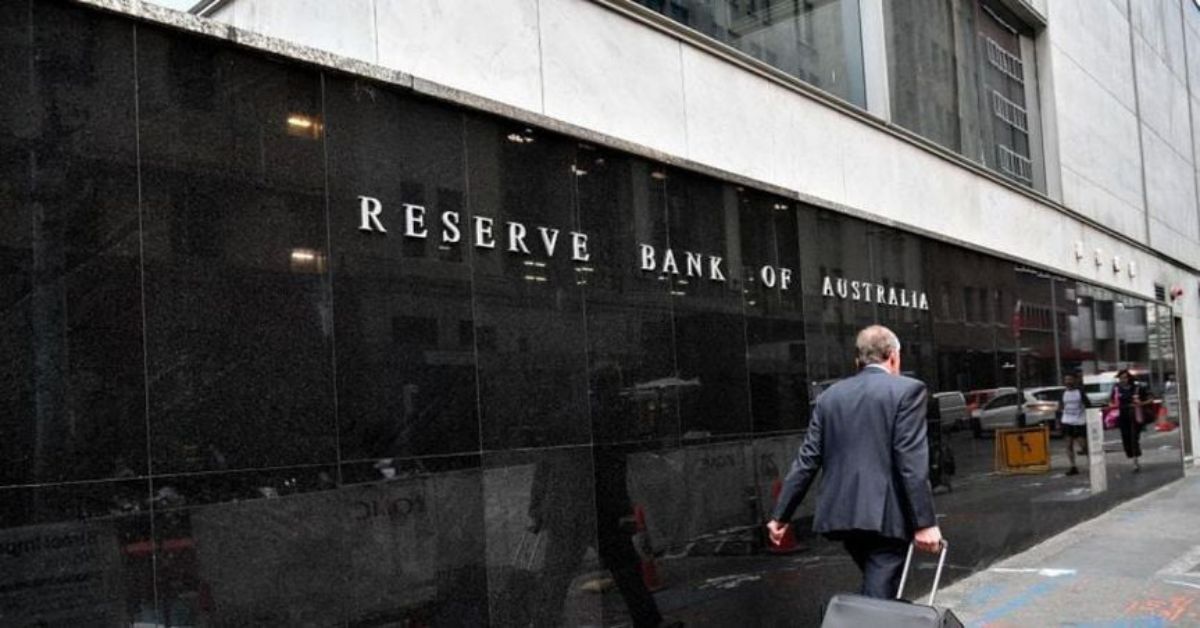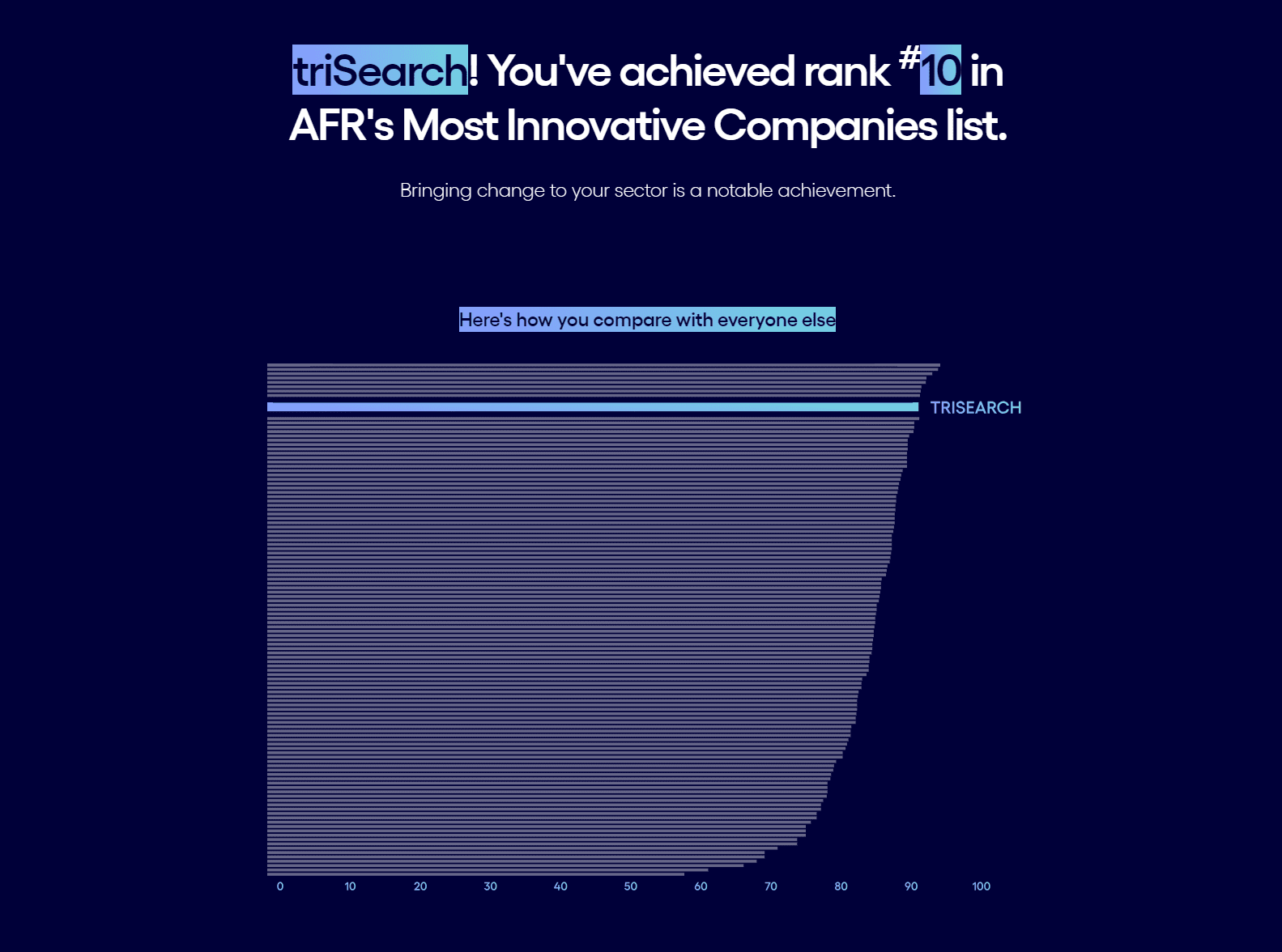Former Reserve Bank of Australia (RBA) Governor, Philip Lowe, issued a statement explaining why the RBA board decided to hold on an interest rate rise in July.
This interest rate hold was just the second time in the last 14 months, keeping the cash rate target unchanged at 4.10 per cent and the interest rate paid on Exchange Settlement balances unchanged at 4.00 per cent.
Interest rates have been increased by four percentage points since May last year as part of the RBA’s strategy to return inflation to within two to three per cent. This is a welcomed outcome for Australian mortgagees currently facing budget concerns from the rising rates.
According to Lowe, the higher interest rates are working to establish a more sustainable balance between supply and demand in the economy and will continue to do so.
The July hold was said to provide time to assess what impact the increases have had to date, and evaluate the Australian and global economic outlook.
“The decision to hold interest rates steady this month provides the Board with more time to assess the state of the economy and the economic outlook and associated risks,” Lowe said.
“In making its decisions, the Board will continue to pay close attention to developments in the global economy, trends in household spending, and the forecasts for inflation and the labour market.
“The Board remains resolute in its determination to return inflation to target and will do what is necessary to achieve that.”
Board discuss extent of inflation
Explaining the economic factors discussed at the board meeting, Lowe said:
“Inflation in Australia has passed its peak and the monthly CPI indicator for May showed a further decline.
“But inflation is still too high and will remain so for some time yet. High inflation makes life difficult for everyone and damages the functioning of the economy.
“It erodes the value of savings, hurts household budgets, makes it harder for businesses to plan and invest, and worsens income inequality.
“And if high inflation were to become entrenched in people’s expectations, it would be very costly to reduce later, involving even higher interest rates and a larger rise in unemployment.
“For these reasons, the Board’s priority is to return inflation to target within a reasonable timeframe.”
As indicated in the Governor’s statement, the growth in the Australian economy has slowed and conditions in the labour market have eased, although they remain very tight.
There has been reported easing of labour shortages with job vacancies and advertisements still at very high levels.
RBA foreshadows future hikes
While the rate pause is a welcome sight for Australians, the RBA remains on high alert and hasn’t discounted future rate hikes.
“The Board remains alert to the risk that expectations of ongoing high inflation will contribute to larger increases in both prices and wages, especially given the limited spare capacity in the economy and the still very low rate of unemployment,” Lowe said.
“Accordingly, it will continue to pay close attention to both the evolution of labour costs and the price-setting behaviour of firms.
“The Board is still expecting the economy to grow as inflation returns to the 2–3 per cent target range, but the path to achieving this balance is a narrow one.”
To determine the extent of the inflation status, the RBA continues to zero in on household spending.
Lowe added: “A significant source of uncertainty continues to be the outlook for household consumption. The combination of higher interest rates and cost-of-living pressures is leading to a substantial slowing in household spending.
“While housing prices are rising again and some households have substantial savings buffers, others are experiencing a painful squeeze on their finances. There are also uncertainties regarding the global economy, which is expected to grow at a below-average rate over the next couple of years.
“Some further tightening of monetary policy may be required to ensure that inflation returns to target in a reasonable timeframe, but that will depend upon how the economy and inflation evolve.”
Ultimately, the hold on the interest rate in July was welcomed by Australian mortgagees who, according to the RBA, will need to continue household budget tightening to return inflation rates to a manageable status. The RBA didn’t rule out future interest rate hikes if its July economic assessment deems it needed.
For monthly RBA interest rate updates, following triSearch on LinkedIn, or subscribe to the industry newsletter, The Conveyancer Digest.






